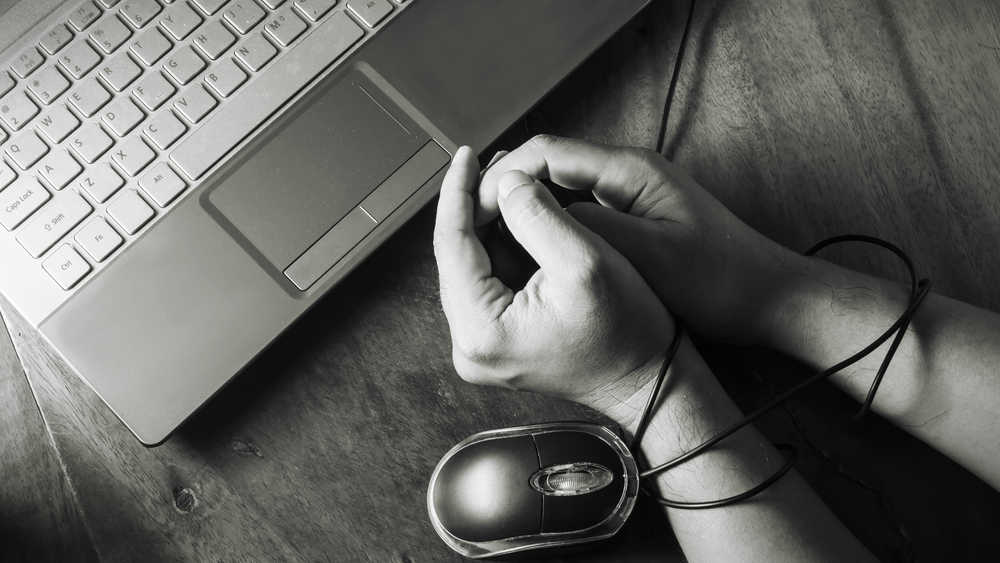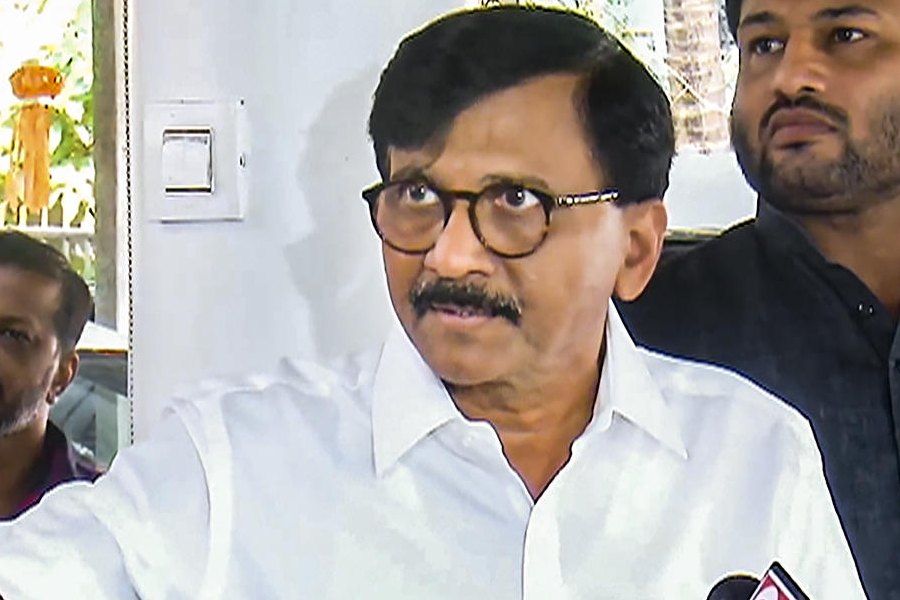In my last column I wrote about Internet addiction and how you can recognise it. Here is a glimpse of the symptoms that indicate Internet addiction:
- Do you feel agitated when you are away from social media (email, FB, Instagram, Twitter)?
- Do you fear you will miss out (FOMO) what is happening and not be considered “cool” if you are not on the Internet?
- Do you catch yourself hiding the amount of time you spent on the Internet?
- Have you been using social media to change your mood or to combat loneliness instead of picking up the phone and talking to someone?
- Are you experiencing mood swings, persistent tiredness, an inability to focus, hopelessness, loss of interest in your hobbies and sleeplessness?
Dr Manoj Sharma, professor of clinical psychology at the Service for Healthy Use of Technology, or SHUT, Clinic at Nimhans in Bangalore, recommends we take this quick 4C test to see how far along we are on the road to Internet addiction:
- Compulsion. Do you feel an overpowering urge to be on the Net? Do you feel anxious if you are not online?
- Craving. Do you feel restless if you are not near it?
- Control. Can you control your use of the Internet?
- Consequence. Do you continue to use the Internet despite the negative impact on your life?
The answers to these questions will give you a clear idea about where exactly you stand in the spectrum of Internet addiction.
The next important question is how to fight this addiction. Avoiding the Internet and social media is close to impossible during the pandemic. But as a result of the training programme that I undertook on “Assessment and Management of Technology Addiction” from the SHUT Clinic at Nimhans, I have been experimenting with “digital fasting”. Digital fasting, or digital detox, implies that we set aside pre-determined hours during the day and week when we unplug from technology and don’t use the Internet.
Here are some gradual modifications that you could make in your life:
- Turn off notifications on your smartphone. Put the phone in an inconvenient place for a couple of hours a day. Subdue the urge to look at the phone constantly.
- Uninstal social media apps from your phone and use them only on your desktop and only at predetermined times.
- Encourage family members to put away mobiles during meal times and converse with each other.
- Exercise or do yoga outdoors as much as possible during the pandemic.
- Replace an hour of online games, blogging or chatting with an off-line hobby such as learning a musical instrument, hand rhythms, painting, dancing, cooking or journaling in a notebook.
- Pick up the phone and talk to friends and cousins or play a board game with your family.
By disrupting our dependence on technology, we can stop the Internet addiction pandemic that might be around the corner in 2021.











